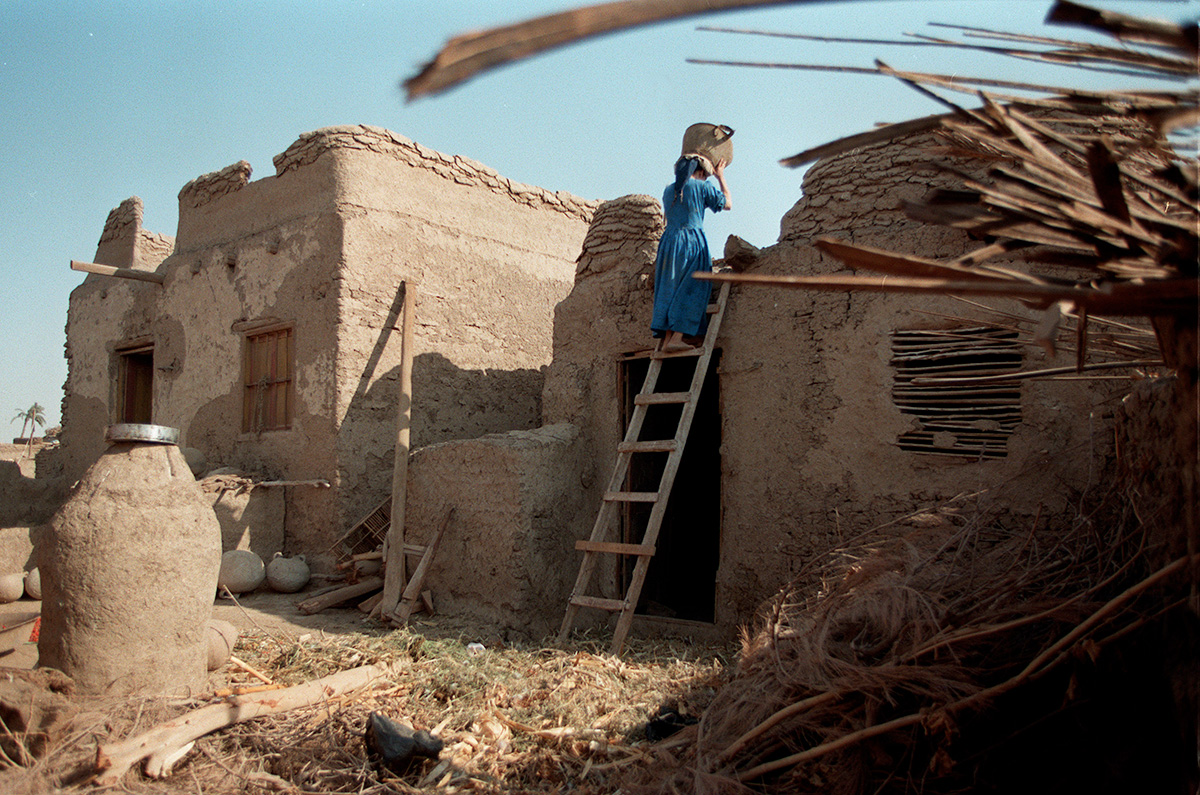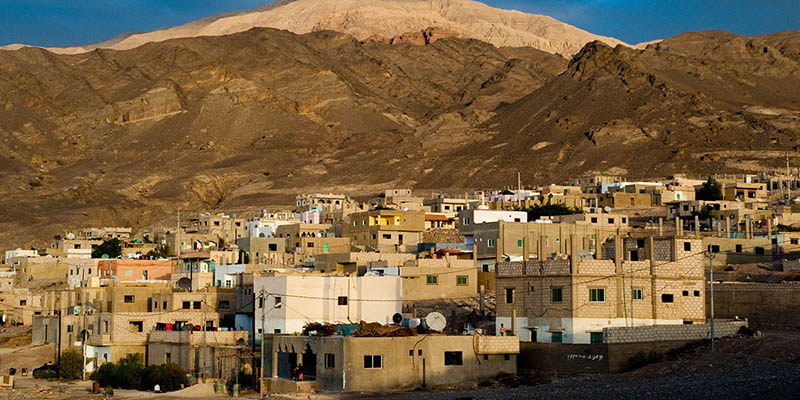Families partner with Habitat for Humanity across the Middle East to build or improve a place they can call home. With our support, families gain the strength, stability and self-reliance they need to build better lives. In Egypt, Jordan and Lebanon, we address urgent housing needs, support displaced populations and foster sustainable, resilient communities.

Egypt
Egypt is home to one of the world’s fastest-growing populations. With more than 60% of its population under the age of 30, the current housing shortage is expected to increase, especially for low-income groups.

Jordan
Jordan has been a safe haven for people displaced by wars and unrest in neighboring countries, hosting approximately 1.3 million Syrian refugees.
According to the Jordan Response Plan 2020-2022, the presence of refugees and vulnerable Jordanians has raised demand for low-income housing, causing overcrowding and deteriorating infrastructure in urban areas such as East Amman.

Lebanon
Lebanon shelters a staggering 1.7 million refugees, making it the country with the highest refugee concentration per capita. In 2019, Lebanon experienced an economic downturn that resulted in 80% of its inhabitants living in poverty.
Further complications arose in 2020 when an explosion involving 2,700 tons of ammonium nitrate ravaged Beirut, damaging over 200,000 homes and leading to widespread substandard housing and limited access to essential services.
Since September 2024, Lebanon has experienced a sharp rise in casualties and displacement, adding to the severe impact of over 11 months of ongoing violence. Habitat is committed to supporting displaced families by upgrading collective shelters and providing essential services to those in need. Together with our partners, we are working toward early recovery and long-term stability.
